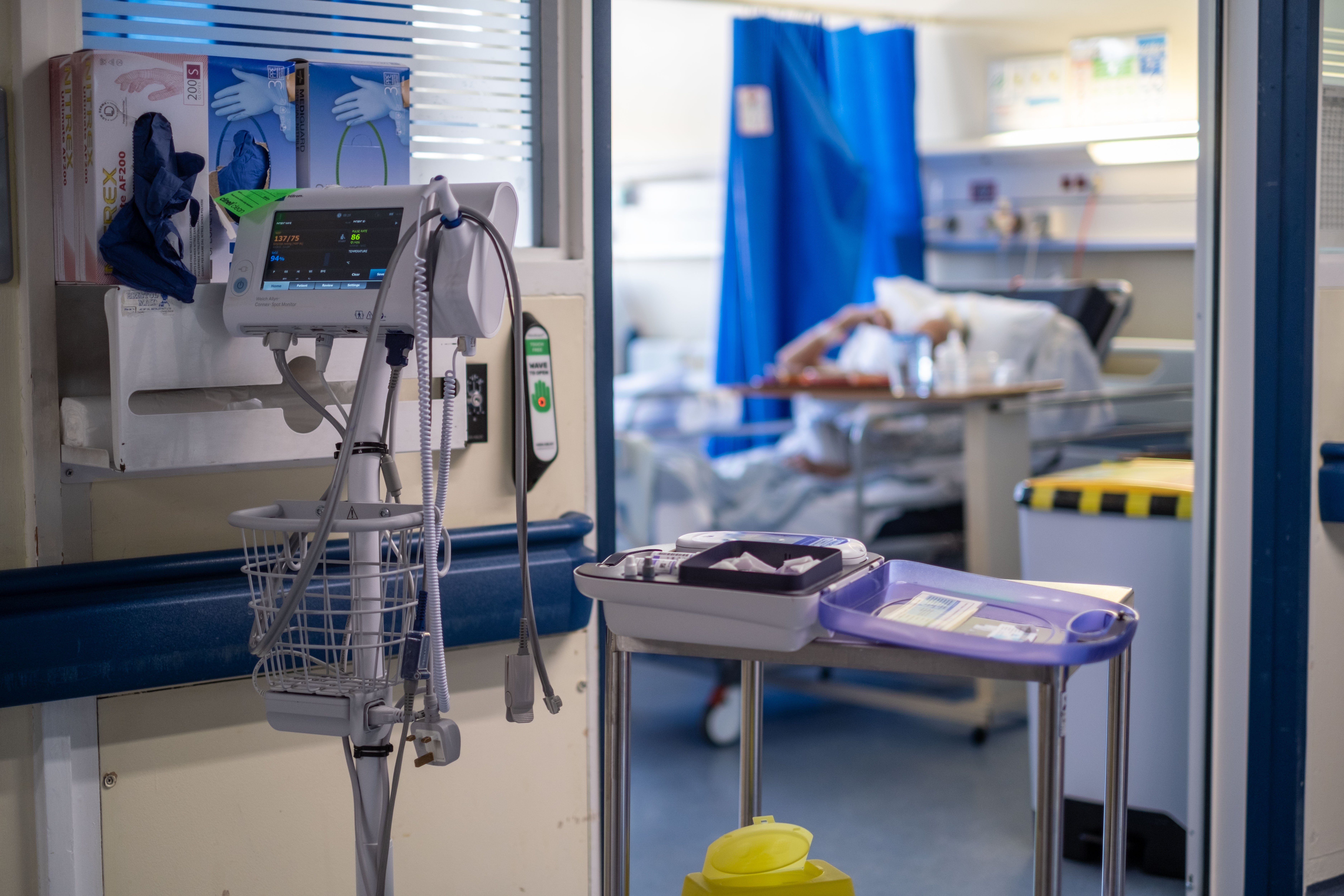ARTICLE AD BOX
A simple blood test could revolutionise treatment for lupus patients who do not respond to existing therapies, researchers say.
Previous studies have shown that patients with treatment-resistant lupus who are positive for the biomarker are 17 times more likely to respond to an innovative combination of drugs, which are available on the NHS but not currently used together.
The £1.7 million trial, Stratify Lupus, will involve testing the blood of lupus patients who haven't responded to conventional therapies such as steroids or immune suppressants.
If they are shown to have a specific biomarker, researchers, led by Michael Ehrenstein, a consultant rheumatologist at University College London Hospitals and professor of experimental rheumatology at University College London (UCL), will give them either the combination therapy or a placebo.
“If the results are positive, then we would apply to allow patients who are positive for the biomarker to receive the combination therapy on the NHS,” he said.
“Targeting the patients most likely to benefit from this treatment should make it deliverable on the NHS and improve patient access and outcomes.”

The study will begin in spring 2026 at 16 hospitals across the UK and is expected to finish in 2029.
Lupus is a chronic autoimmune condition where the body’s immune system mistakenly attacks healthy tissues and organs.
Prof Ehrenstein’s previous research found that a combination of the drugs rituximab and belimumab was able to bring lupus under control and significantly reduce severe flare-ups in some, but not all, patients.
Both drugs are treatment options for lupus patients, but are not used in combination.
They are targeted therapies known as monoclonal antibodies.
These are lab-produced identical copies of a single type of antibody, which are the proteins produced by the immune system to attack the likes of bacteria and viruses.
Prof Ehrenstein’s team identified a biomarker in the blood of about half of lupus patients who were resistant to conventional treatment.
Known as IgA2 anti-dsDNA, those with the biomarker were 17 times more likely to respond to a combination of rituximab and belimumab compared to rituximab alone.
Symptoms to lupus
NHS
The main symptoms include:
- joint and muscle pain
- extreme tiredness that will not go away, no matter how much you rest
- rashes that usually come on after being in the sun – the rash is often over the nose and cheeks
You might also have:
- headaches
- mouth ulcers
- a high temperature
- hair loss
- weight loss
- swollen glands, usually in the neck, armpits or groin
- depression and anxiety
- chest or tummy pain
- changes in the colour of your fingers and toes when you're cold, anxious or stressed (Raynaud's)
It is estimated that up to 69,000 people in the UK have lupus, which mostly affects women and those of African, Caribbean and Asian descent.
It can range from mild to severe, with symptoms including joint pain, skin problems, fatigue and inflammation of major organs.
People often take drugs for life, ranging from steroid tablets and injections, or other immunosuppressant or biological medicines.
Prof Ehrenstein added: “To have a positive result in a personalised medicine trial for lupus would be globally significant, not only for the biomarker and treatment combination, but also the success of this targeted approach.
“Everyone talks about personalised medicine, but so far this goal has not been achieved in inflammatory/autoimmune rheumatic diseases.
“Stratify Lupus will be the first biomarker enrichment trial for lupus, which is a real coup for UK research.”
The study is being funded by the charity Versus Arthritis and the Efficacy and Mechanism Evaluation (EME) Programme, a partnership between the National Institute for Health and Care Research (NIHR) and the Medical Research Council (MRC).
Professor Lucy Donaldson, director of research at Versus Arthritis, said: “This major trial holds real promise of a better future for those living with lupus, which particularly affects underserved people.
“Too few advances have been made in tackling the devastating disease which mainly affects women, in particular women of African and Caribbean heritage, in the prime of their lives.”









 English (US) ·
English (US) ·